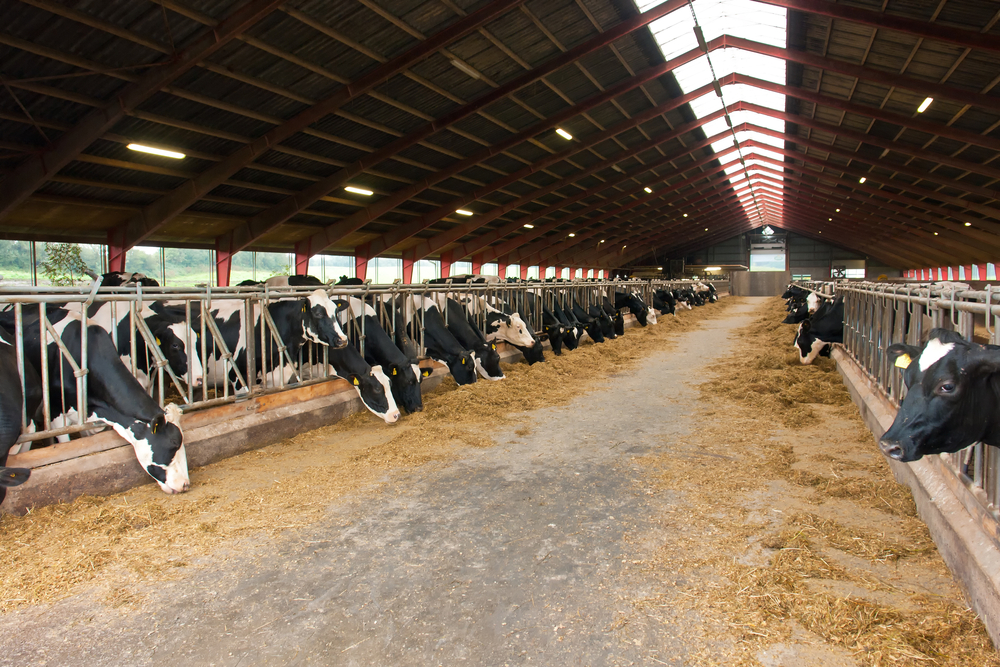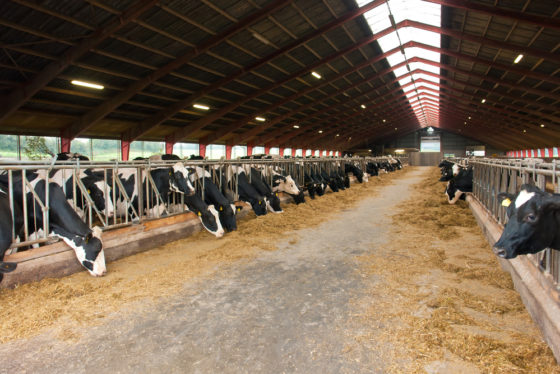D66 provincial party leaders won’t budge on nitrogen


The nitrogen emission restrictions will not be up for discussion, D66 provincial party leaders have said ahead of the negotiations to form provincial governments.
Both farmers’ party BBB, which gained the most votes in all of the country’s 12 provinces, and the Christian Democrat party CDA have called for a five-year delay to the current government objective of halving nitrogen emissions near vulnerable Natura 2000 areas by 2030. The ChristenUnie also said it was ‘not wedded’ to a particular date.
‘It’s not as if nature and water quality have suddenly improved since the elections,’ Marianne de Widt, who chairs D66 in Utrecht, told current affairs programme Nieuwsuur. ‘We will go by the signature under the government accord, in line with the party’s national stance,’ she said.
Provincial party leader Mathijs van Miltenburg who represents D66 in BBB bulwark Noord-Brabant said he expected ‘the VVD to continue a policy that has been agreed on nationally. And not because 2030 has to be 2030 but because we have to solve a pressing problem.’
The D66 Jonge Democraten youth wing called on the party not to waver. ‘This is a problem that won’t go away because of an election win. We have to abide by European rules, the environment needs this intervention,’ Jonge Democraten chairman Kalle Duvekot told Nieuwsuur.
Compulsory buyouts, which the BBB vehemently oppose, may not present as big a battlefield in the negotiations, as many MPs are also against and the move has been presented as a last resort.
Brussels
Documents seen by investigative journalism platform Follow the Money and NOS have shown, however, that the European Commission advised the agriculture ministry that it sees compulsory buyouts as a primary option to achieve the European goals.
According to Diederik Samson, who is European commissioner and Green Deal advocate Frans Timmerman’s head of cabinet, Brussels is strict when it comes to voluntary buyouts but would be more lenient in cases where farmers are forced to leave, resulting in financially more generous schemes.
‘The choice for either of the two instruments is, of course, up to the member states,’ Samson said.
Thank you for donating to DutchNews.nl.
We could not provide the Dutch News service, and keep it free of charge, without the generous support of our readers. Your donations allow us to report on issues you tell us matter, and provide you with a summary of the most important Dutch news each day.
Make a donation